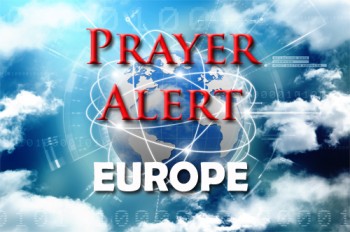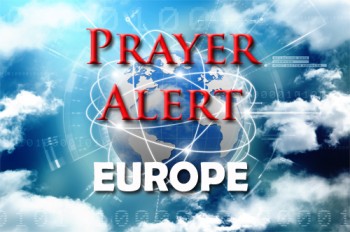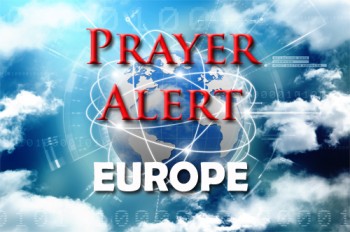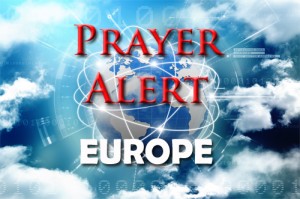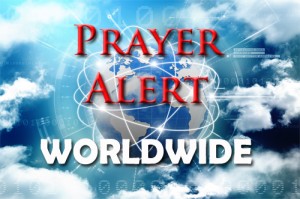Displaying items by tag: nationalism
A deal is agreed
The Eurozone is in a deep recession. Unemployment figures are spiking to unprecedented highs and debt levels are soaring. It is an economic crisis on a scale not seen since the Second World War, or the Great Depression. Onlookers have watched individual countries retreat into national self-righteousness and mutual finger-pointing in a very un-united attitude that threatens the survival of the EU and will not solve anything. Then, finally, after weeks of wrangling, EU finance ministers managed to reach a deal - to the relief of most. Let us pray that the €500 billion package to help countries hardest hit by the pandemic will succeed in implementing an economic plan. See also
Spain: pre-election protests
On 10 November Spain will have its fourth general election in four years. The Socialists received the most votes in April’s election, with Catalan separatist parties increasing their number of MPs. Since then, the supreme court has sentenced nine pro-independence politicians and civic leaders to a total of 100 years in prison. These sentences brought thousands of Catalonians onto the streets of many cities, and further violent clashes by far-right counter-protesters. Petrol bombs, blazing barricades, and vandalised buildings are new for Catalan’s pacifist independence movement, but the graffiti on a Barcelona wall read, ‘You have shown us that being peaceful is useless’. Hundreds have been injured in confrontations with security forces. The latest event was a ‘clean protest’ when protesters put detergent in a fountain, as a message to ‘clean up the mess from Spain’. One protester said demonstrations would continue until all the political prisoners were freed. See
European parliament with anti-European parties
After the Second World War many said, ‘Never again’. For decades extreme nationalism was considered a threat. In 2019 it has re-emerged with European far-right parties forming a new alliance led by US strategist Steve Bannon, wanting to ‘promote’ right-wing populist groups in Europe. Matteo Salvini, Italy’s leader of the extremist League party, has joined ‘The Movement’ and has gathered right-wing Netherlands Party for Freedom, Germany’s AfD, Danish People's Party, the Finns Party and other extremist populist parties to form a new alliance, injecting their rhetoric into the EU; selling themselves as ‘maintaining or protecting their heritage and their people (they warn that refugees, Muslims, empowered women, and the EU bring unwanted change, which is a bad thing). A YouGov survey for voting intentions shows that the European parliament will be significantly different after 25 May with 35% of seats taken by socialists, Greens, the European People’s Party, and other anti-European parties. See
Poland will block EU sanctions against Hungary
The European parliament voted to sanction Hungary for neglecting norms on democracy, civil rights and corruption. Since 2010, Hungarian prime minister Viktor Orban has pressurised courts, media and non-government groups to prevent migrants entering Hungary. He has also led opposition to Angela Merkel and others who want Europe to take in more Muslim refugees. Poland, the biggest former communist country in the EU, will oppose any sanctions imposed by the bloc on Hungary. Its prime minister, Mateusz Morawiecki, said, ‘Every country has its sovereign right to make internal reforms it deems appropriate, and actions aimed against member states serve only to deepen divides in the EU and increase citizens’ current lack of confidence to European institutions.’ A BBC report says that Mr Orban appears increasingly isolated among European conservatives, but is being applauded by nationalist parties.
Turkey: constitutional referendum
In a referendum on 16 April, Turks will vote yes or no to constitutional amendments to shift Turkey from a system where executive powers lie with the prime minister and are checked by parliament to one giving unprecedented powers to the president. Many fear this will lead to one-person rule, with power to suspend parliament and appoint all ministers and high-ranking officials. Turkish Christians are concerned about rising nationalism, and also the random arrests since last summer’s coup attempt. American pastor Andrew Brunson, who has been in detention since October, still has no clear outline of the charges against him, although the prime minister has promised to speed up his court case. He and his family have been in Turkey for over twenty years, leading a church in Izmir. See:
